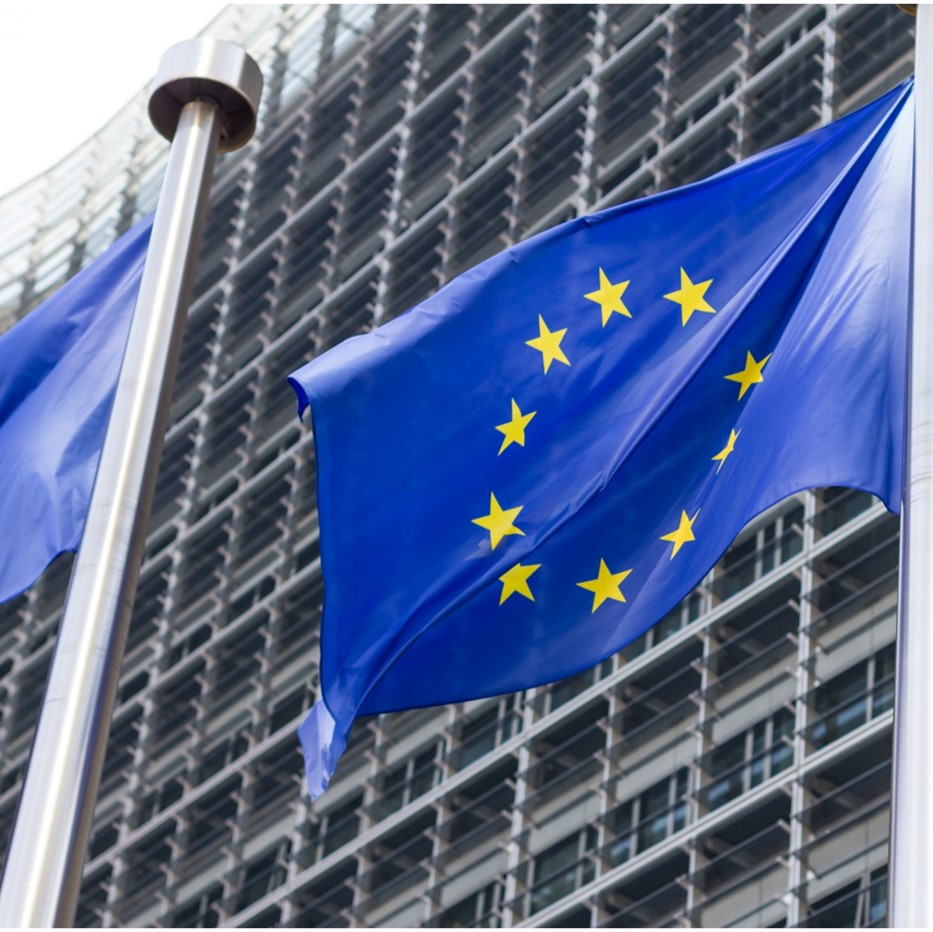With Europe’s renewable ethanol industry facing threat of import surge, EU takes action
The European Commission introduces surveillance measures as EU producers warn of massive increases of imports of ethanol for fuel from third countries
BRUSSELS, 4 November 2020 – The European Commission’s decision to introduce surveillance measures on imports of renewable ethanol for fuel from third countries is an important step towards preventing a surge in imports from causing further injury to the EU renewable ethanol industry.
The decision, taken at the initiative of France and supported by an overwhelming majority of Member States, follows an action from the European renewable ethanol industry. It will allow a close monitoring of the volume of fuel ethanol imports into the Union, which will facilitate a prompt and effective reaction in case the threat related to increased imports materialises.
EU renewable ethanol producers raised the issue in the context of a trade situation that has gone from worrying to worse due to the COVID-19 market disturbances. Even before the pandemic radically altered global fuel and commodities markets, imports of renewable ethanol for fuel into the EU had sharply increased since 2017, from 87.6 thousand tonnes to 536.2 thousand tonnes in 2019, i.e. an increase of 512%. They have rapidly gained a significant market share during the past three years, from 2% in 2017 to 14% in Q1 2020. The European renewable ethanol industry is currently keeping under review the conditions under which renewable fuel ethanol for fuel from certain countries is imported into the EU.
The rapid surge of imports has already started to have a negative impact on the European renewable ethanol industry as measured by a several indicators, therefore causing an imminent threat of serious injury to the European renewable ethanol industry.
“COVID-19 market disturbances have created conditions that could accelerate the flow of imports into the EU – at unprecedented levels – once the crisis abates,” said Emmanuel Desplechin, Secretary-General of ePURE, the European renewable ethanol association. “In fact, due to the COVID-19 market disturbances, foreign fuel ethanol producers have accumulated significant stocks and are eager to sell them off by all means.”
Desplechin added: “The EU renewable ethanol industry is a strategic sector for the European Union and contributes directly and indirectly to the employment of at least 50,000 people. It plays a significant role in tackling climate change and decarbonising the transport sector, which are among the top priorities of the EU. Renewable ethanol production is also an important source of income for Europe’s farmers, and it boosts rural economies.”
There are other compelling reasons to ensure the viability of the EU industry. By producing high-protein animal feed, a by-product of renewable ethanol production, the EU renewable ethanol industry strengthens European food security by increasing protein in the food chain. Renewable ethanol is a vital part of Europe’s growing bio-based economy, reducing our dependence on imported fossil fuels.
Importantly, the EU renewable ethanol industry has played a vital role in the current health crisis and provided significant efforts to contain the COVID-19 pandemic. In this situation, the preservation of a solid renewable ethanol industry is key to ensure a sufficient supply of hand sanitizers and other disinfectants throughout the EU.
“Surveillance is a first step to collect information and monitor the evolution of imports. The EU renewable ethanol industry stands ready to act to prevent further injury so as to preserve its sector and jobs throughout the EU,” said Desplechin.
